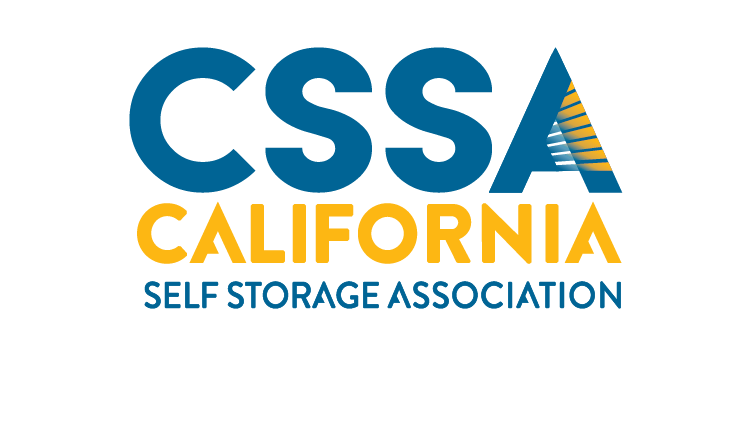The Mercury News
Oakland business tax measure on ballot — in 2022
Would shift from flat rate
By ANGELA RUGGIERO | aruggiero@bayareanewsgroup.com | Bay Area News Group
PUBLISHED: July 20, 2020 at 12:37 p.m. | UPDATED: July 21, 2020 at 4:01 a.m.
OAKLAND — A measure that could overhaul the way businesses are taxed in Oakland will go before voters — but not until 2022.
The Oakland City Council has agreed to place the business tax measure titled “Lift Up Oakland” on the November 2022 ballot — not the upcoming election this year.
Currently, businesses all pay the same flat tax rate, no matter how much money they bring in, according to Councilwoman Nikki Fortunato Bas who first brought the measure to the council. The proposal aims to reinvent the ways businesses are taxed, reducing what small businesses pay while holding large corporations accountable for their fair share, she said. Instead of paying a flat rate, the ballot measure calls for a different rate structure based on gross receipts.
“It’s not fair that one business may be paying the same flat tax rate as another who may have 10 or 20 time the revenue,” said Bas in an interview.
Bas first proposed the measure for this November’s ballot, but instead pushed it back to the 2022 election. The change was made after some council members suggested changes to the legislation, first introduced by Bas and council members Sheng Thao and Dan Kalb. Bas said she wanted the council to “move forward in a unified fashion” and give the city more time to speak with businesses.
The council is also expected to approve creating a “Blue Ribbon Task Force” at its meeting Tuesday. The task force would study and recommend potential tax rates to the council. The task force would not meet until January; its members would be appointed by the mayor.
Earlier, council members who sponsored the legislation said that the tax burden would shift in large part from small businesses to larger ones. The proposal would lower taxes for small businesses such as restaurants, retail and wholesale ones that generate $250,000 or less in revenue per year. In turn, those that make more revenue would be taxed at higher rates.
If passed, the measure would go into effect in January 2023.
But the proposal received some criticism from speakers at last week’s council meeting. Aly Bonde, public policy director for the Oakland Metropolitan Chamber of Commerce, said it was clear no one spoke to small businesses about what they need.
“There are many things the City Council can and should do to help small businesses immediately, but rushing a measure that could threaten every size and sector of business in Oakland is not one of them,” Bonde said.
Passing the measure first and maybe fixing it later is a poor policymaking choice; instead, create a measure for the 2022 ballot with a commission that starts with a blank slate, she said.
“Today, the council has taken a bold step toward making Oakland a welcoming place for small businesses, while inviting our larger corporations to make a deeper investment from which all Oaklanders will benefit,” Thao said in a statement.
“Once implemented, this new progressive tax structure will help guide Oakland through this economic crisis and nurture the small business growth that will define the city,” she said.
Bas said she hopes the tax measure will be more equitable for business owners.
“There is broad consensus that we must modernize Oakland’s business tax to become more equitable and fair, and to provide relief to our small businesses, so many disproportionately impacted by COVID-19 and struggling long before the pandemic hit,” Bas said in a statement.
In an online and telephone survey of 400 likely Oakland voters, at least 59% favored the shift in taxation. A simple majority would be required for a ballot measure to pass.
Angela Ruggiero | Criminal Justice Reporter
Angela Ruggiero covers criminal justice and the Alameda County Superior Court. She previously covered the Tri-Valley cities of Pleasanton, Dublin, Livermore and Danville.
